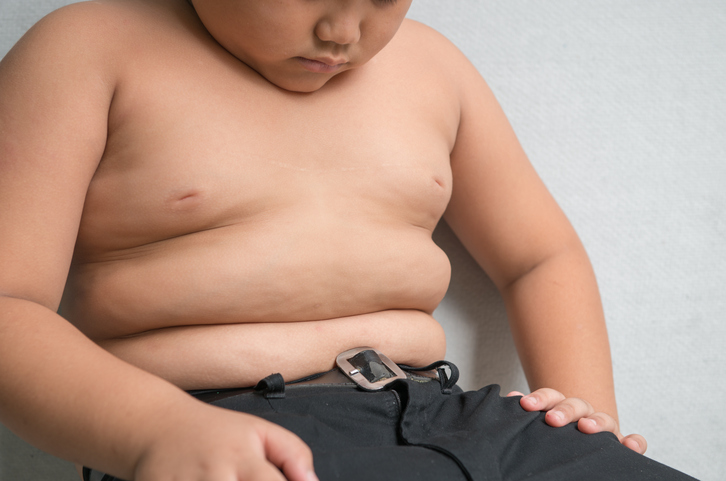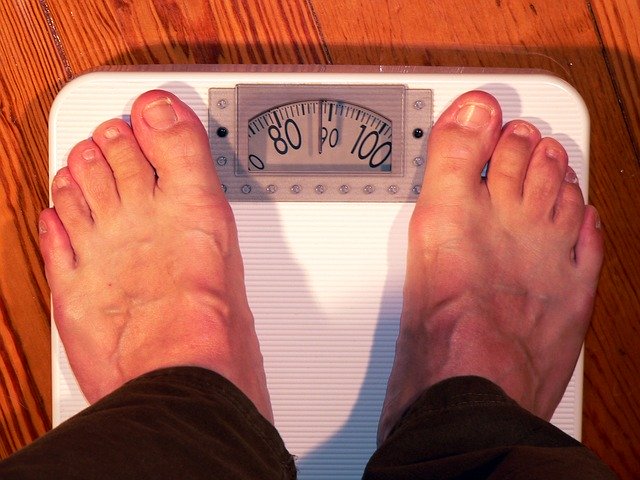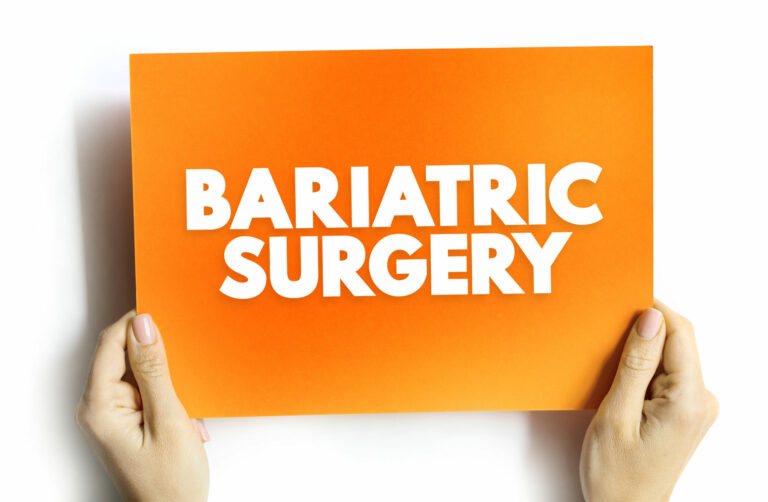Dangers of Childhood Obesity
The childhood obesity rate in the United States is of epidemic proportions. Nearly one third of kids between the ages of ten and seventeen are overweight or obese (body mass index of 30 or higher). The following are some of the health risks associated with childhood obesity.
High blood pressure and high cholesterol – Both of these are the primary risk factors for cardiovascular disease (CVD), and it’s estimated that seventy (70) percent of obese children have at least one of these two (2) conditions.
Type 2 diabetes – It’s estimated that obese children are four (4) times more likely to develop type 2 diabetes. According to the Centers for Disease Controls (CDC), over 200,000 people in the United States under the age of 20 have type 2 diabetes. Overweight children are especially susceptible, as their bodies don’t respond to its natural production of insulin. As a result, glucose builds up in their bloodstream, and sugar levels get too high to handle. Type 2 diabetes can result in kidney failure, blindness and heart disease.
Sleep Apnea – Sleep apnea is caused by an obstruction in the upper airway, and intermittently stops breathing throughout the night. In overweight children, the tone of musculature in the airway is weakened, causing the obstruction. It can lead to growth, behavior and heart problems. It’s estimated that sleep apnea occurs in almost sixty (60) percent in obese children.
Joint problems – Excessive weight in children can damage their growth plate, which can lead to a greater risk of broken bones and arthritis.
Social and psychological problems – Obese children are almost always unhappy with their overall body image, and there’s a much greater risk of ridicule and subsequent low self-esteem and self-worth. A recent study in the Journal of Adolescent Health found that obese youths were twice as likely to have suicidal thoughts than children of normal weight.
Acid Reflux – Obese children have a 30% to 40% greater risk of developing acid reflux, or gastroesophageal reflux disease (GERD). Acid reflux occurs when stomach acid backs up into the esophagus, and, among other things, can increase the risk of esophageal cancer in adulthood.
Childhood obesity is now considered a global epidemic, and unless it’s treated with exercise and a healthy diet, the aforementioned health risks will continue to affect youths the world over. For children who aren’t adequately responding to healthier eating and exercise, bariatric surgery might be the next best option.
If you have questions about whether bariatric surgery might be an option for an obese child, contact Dr. Malladi. She’s a board-certified, minimally-invasive bariatric and general surgeon.






